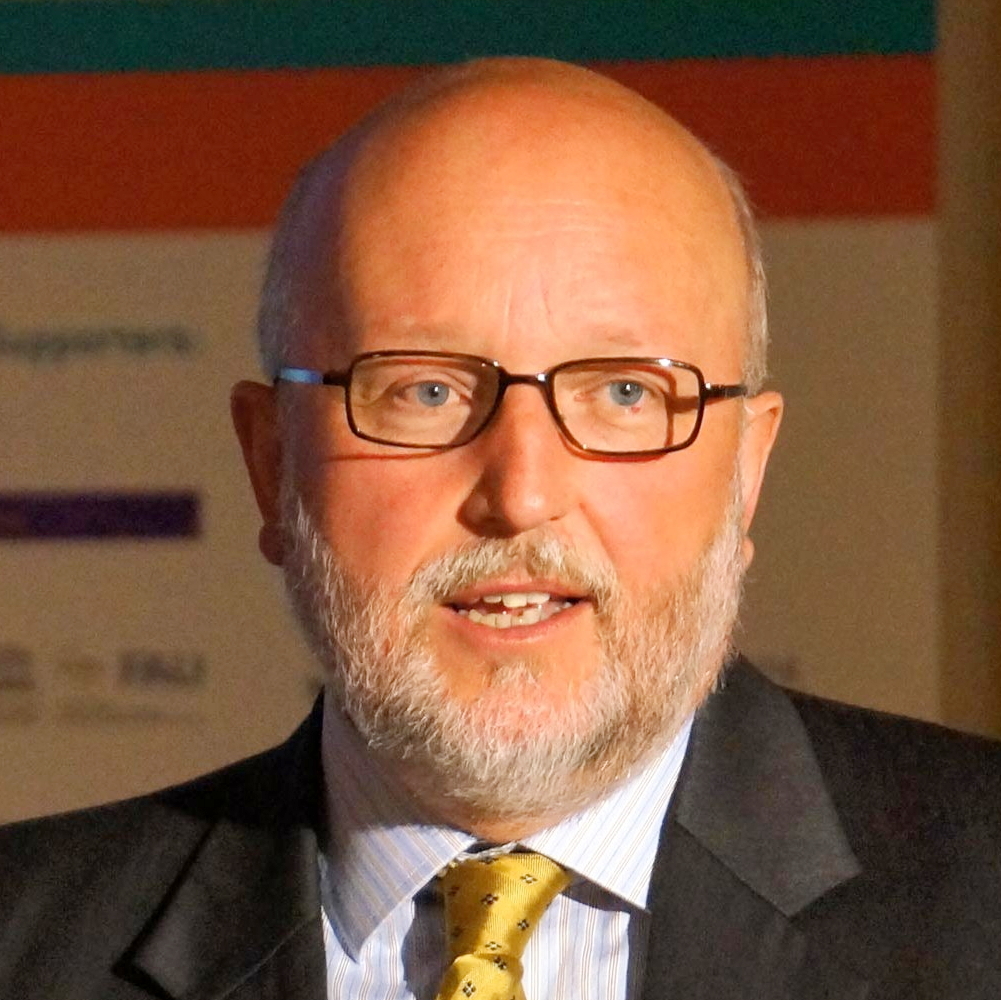| Time | Wednesday 11:00 - 12:00 |
| Location | VMP 8 - Lecture Hall |
| Chair | Paulina Korsnakova |
| Streamed to | VMP 9 - Lecture Hall |

Dirk Van Damme is Head of Division in the Directorate for Education and Skills at the OECD in Paris. He holds a PhD in educational sciences from Ghent University, where he became professor of educational sciences. His main academic work focused on the history of education, comparative education, lifelong learning and international higher education. He also served in various positions in educational policy in the Flemish Community of Belgium, among others as general director of the Flemish Rectors’ Conference, as deputy and chief of staff of various Flemish education ministers. He became the OECD’s Centre for Educational Research and Innovation head in 2008.
The Science of Learning: can it make learning more resilient against the risks of modern education?
For several centuries now, schools have offered powerful institutional environments to human learning based on a knowledge base which has been gradually built over time and transmitted from one generation to another. The knowledge framework in which teachers operate consist largely of transmitted and often not codified professional and experiential knowledge, which only teachers are supposed to fully understand and identify with.
The advent of modern psychology since the end of the 19th century has had a limited impact on the knowledge base of teachers, schools and education policies. But especially particular pedagogical movements – such as the German Reformpädagogik and pedagogies ‘vom Kinde aus” –, often more ideological than scientific in nature, were able to influence and alter the knowledge base of teaching. The current popularity of such pedagogical orientations shows the strengths of such ideas.
Today, outcomes of empirical research in psychology and social sciences have a hard time to penetrate the knowledge base of teachers and schools. Rigorous research in education is expanding but is hardly able to find its way into innovations in policy and practice. The supply and accessibility of empirical research is growing, but its penetration and acceptance by the educational community still is problematic.
Yet, educational policy and practice is in a huge need of renewal of its knowledge base. A lot of the knowledge on which teachers, schools and policies are founding educational practices is outdated and in some cases outright wrong. The failures of the knowledge base in education to provide adequate answers is related to a number of risks facing education today. I will discuss four main risks: 1) the effectiveness risk: a lot of educational practices in schools are not effective in generating sustainable outcomes; 2) the equity risk: educational practices are designed for the average learner and do not serve learners at both ends of the distribution well; 3) the productivity risk: the per unit cost of education is rising in most countries without equivalent increases in the quality of learning outcomes; 4) the innovation risk: education seems to have a hard time adapting to the age of articifial intelligence and significantly improve and update its modus operandi.
The question then is whether the contemporary science of learning, as it develops today from brain research, neuroscience and cognitive psychology, will be able to shake the knowledge base of modern education, to make it more resilient against these risks and improve learning opportunities.
EERA Going Green
As part of the commitment of EERA to ensuring that our annual European Conference on Educational Research (ECER) is as sustainable as possible, we were delighted to work with the local organisers of our Hamburg 2019 conference to develop our 'Green Agenda'. Watch this videoto learn more!